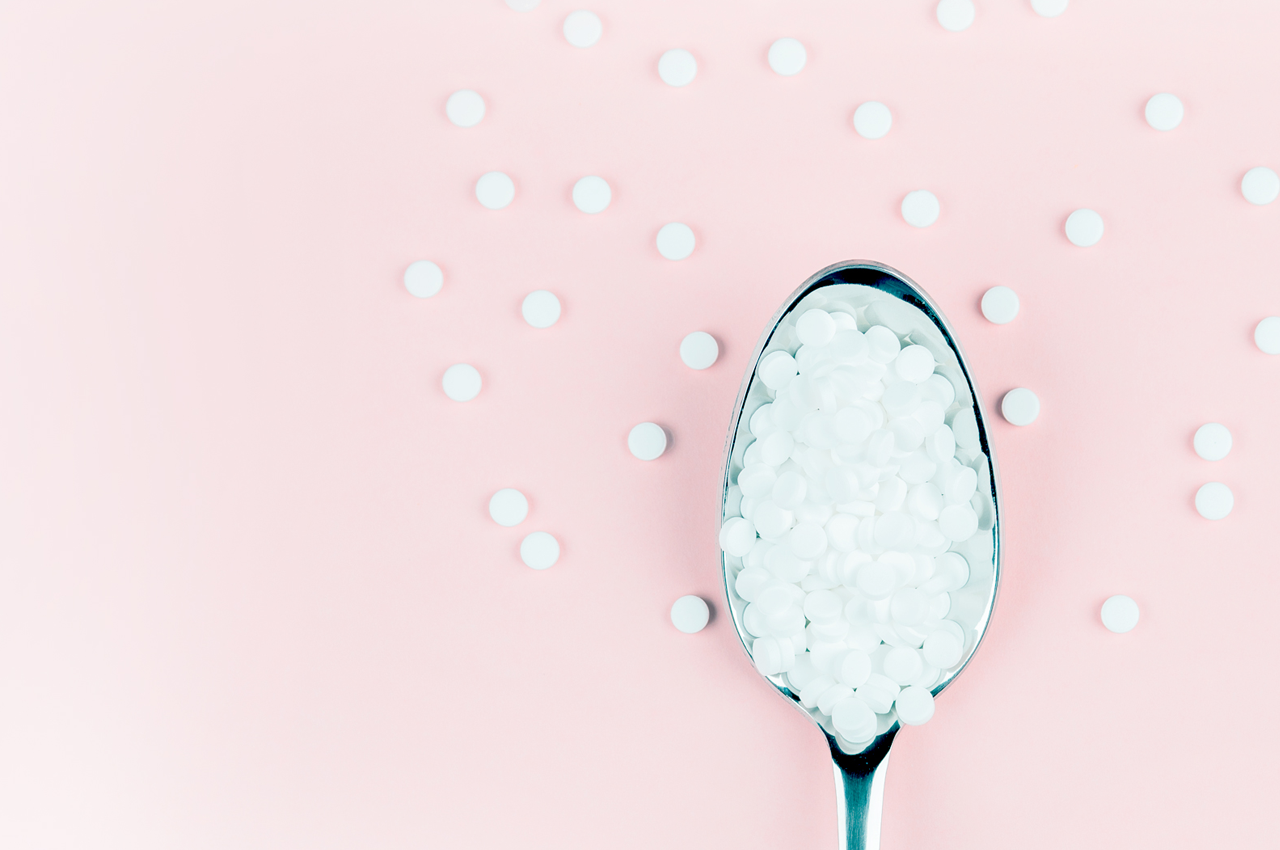Ever since ther introduction in the 1800s, there has been debate around the pros and cons of non-nutritive sweeteners. By offering the taste of sweetness without any calories, artificial sweeteners seem like they could be the answer to effective weight loss and improved health… but as with so many “revolutionary” health and weight loss discoveries, there is a bit more to the story than meets the eye.
A recent study has challenged the idea that sugar substitutes have no effect on the human body and raised questions and concerns about how they could be interfering with blood sugar levels.
In theory, non-nutritive sweeteners are just that… they have no nutritional value and therefore shouldn’t have an impact on things on like blood sugar. Its for this reason that sweeteners are often recommended for those who have diabetes or are at risk of developing it.
Recent studies, however, have found that non-nutritive sweeteners can significantly alter the composition and function of the gut microbiome, a mini eco system of bacteria, viruses and fungi that play an essential role in both immunity and metabolism. A disrupted microbiome has been associated with metabolic disease, pre-diabetes and weight gain.
In 2014, scientists studying the gut microbiome in mice, discovered that non-nutritive sweeteners had the potential to change the diversity of the gut bacteria to such an extent that they way the animals’ blood glucose levels were regulated, changed.
In 2022, a similar study was done on humans. People who consumed the most non-nutritive sweeteners had very distinct changes in the composition and function of their gut microbiome. These people also showed differences in the way their body reacted to food – also known as the “glycaemic response”. This suggests that sweeteners are far from inert, and that the human body is in fact very responsive to them. Given the importance of regulating the glycaemic response for everyone, not only those with diabetes, the message is clear: avoid sweeteners!
There is no convincing evidence that sweeteners have any kind of health benefit, and as such, there is no need to have them in your diet. Ultimately what’s really important for your health is to reduce your need for sweet – whether that’s artificial or not!
References
- Artificial sweeteners induce glucose intolerance by altering the gut microbiota.
Suez J, Korem T, Zeevi D, Zilberman-Schapira G, Thaiss CA, Maza O, Israeli D, Zmora N, Gilad S, Weinberger A, Kuperman Y, Harmelin A, Kolodkin-Gal I, Shapiro H, Halpern Z, Segal E, Elinav E. Nature. 2014 Oct 9;514(7521):181-6. doi: 10.1038/nature13793. Epub 2014 Sep 17. PMID: 25231862. - Personalized microbiome-driven effects of non-nutritive sweeteners on human glucose tolerance.
Suez J, Cohen Y, Valdés-Mas R, Mor U, Dori-Bachash M, Federici S, Zmora N, Leshem A, Heinemann M, Linevsky R, Zur M, Ben-Zeev Brik R, Bukimer A, Eliyahu-Miller S, Metz A, Fischbein R, Sharov O, Malitsky S, Itkin M, Stettner N, Harmelin A, Shapiro H, Stein-Thoeringer CK, Segal E, Elinav E. Cell. 2022 Aug 17:S0092-8674(22)00919-9. doi: 10.1016/j.cell.2022.07.016. Epub ahead of print. PMID: 35987213. - Association between intake of non-sugar sweeteners and health outcomes: systematic review and meta-analyses of randomised and non-randomised controlled trials and observational studies.
Toews I, Lohner S, Küllenberg de Gaudry D, Sommer H, Meerpohl JJ. BMJ. 2019 Jan 2;364:k4718. doi: 10.1136/bmj.k4718. Erratum in: BMJ. 2019 Jan 15;364:l156. PMID: 30602577; PMCID: PMC6313893.



